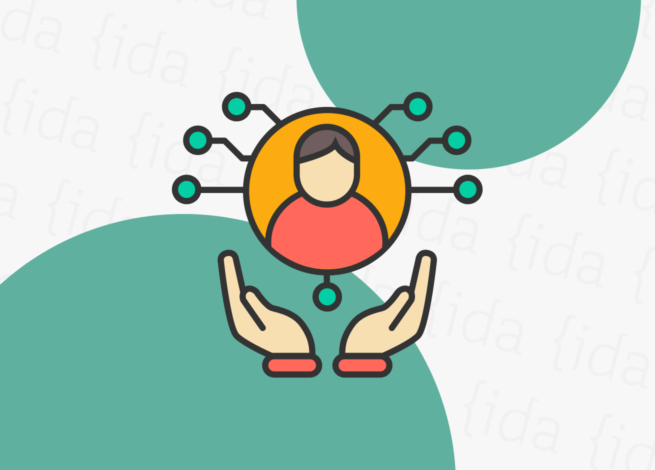FIRST PERIOD: Planet Earth
UNIT 1: Human actions and the Envitoment
The most notorious effects of human activity on the environment are the following:
() The effects of urbanization.
() Industrial agriculture and livestock farming.
() The felling of forests and CO 2 emissions.
() Emissions, among other actions.
() The loss of biodiversity is accelerated by global warming.
() Desertification and pollution of oceans and rivers.
() Key figures on global warming.
Write in your Notebook:
(1) What is your opinion about what humans are doing to the planet?
(2) What do you think we could do to reduce the environmental impact?
(3) what would you do from home?
Write in your Notebook:
(1) interview a member of your family and ask him/her
-What do you think is the biggest environmental impact we have caused to the earth?
-What would be the solution to that problem?
-How would you do it?
(2)search for REAL news about the damage we are causing to our planet
UNIT 3: Caring for the Environment
SECOND PERIOD: Health Issues
Eating disorders are serious mental health conditions. They involve serious problems with how you think about food and eating behavior. You may eat much less or much more than you need to.
Some people tend to see themselves as overweight, even if they are dangerously underweight. They tend to constantly monitor their weight, avoid eating certain types of food and severely restrict their calorie intake.
- Anorexia nervosa
- Bulimia nervosa
- Binge eating disorder
- Pica
- Restriction of food intake Mericism
- Purging disorder
- Night eating syndrome.
think
Consider or believe you have an eating disorder
UNIT 2: Healthy food choices
Prepares!
Recipe: banana sandwich
Ingredients: a banana, a slice of cheese and any bread in 2 slices.
Preparation: peel and cut the banana in slices similar to coins. put the cheese on a slice of bread, put the banana slices on top and finish with the other piece of bread
(to be consumed as soon as possible).
UNIT 3: body ans mind connection
The relationship he postulated between body and mind is called Cartesian dualism or substance dualism. He argued that mind was distinct from matter, but could influence matter. How such an interaction could be exerted remains a controversial issue.
listen and concentrate
Relax, sit back, close your eyes, clear your mind, and let the sound flow through you...
THIRD PERIOD: A good citizen
UNIT 1: Solving problems with others
No one is exempt from having conflicts with others, no matter how hard they try to get rid of them. But they can be a good opportunity to learn and grow personally. Some ways to solve our conflicts are:
- Negotiate in conflicts to reach an agreement
- Valuing the opinion of others
- Controlling your emotions
Questions
- -How do you usually deal with conflicts?
- -Do you empathize with the conflict?
- -Do you always reach an agreement?
A model citizen is one who:
- Cooperates with others
- Cares for the environment
- Cultivates Civic Values
- Respects Beliefs
- Human Rights
- Protects Animals
- Rejects Violence
- Fulfills its Obligations
- Raise Your Voice and Demand
- Participate
Questions
- Do you consider yourself a model citizen?
- are you a model citizen?
- How can you become a model citizen?
- What are you doing to be a model citizen?
UNIT 3: Making peace throungh words and actions
Remember that one of the ways to solve a problem is through dialogue. here you have some methods:
- Active listening: do not only express your opinion but, above all, listen and understand the other person's opinion.
- Respect: you have to respect the other person's point of view and not attack him. He feels this way and, therefore, you have to listen to him and respect his emotions.
- Try to understand him: it is important that you both try to understand each other, it is not only about talking and listening but, above all, that there is understanding on both sides.
- The importance of sincerity: you have to be sincere with each other. Do not be afraid and really express what you feel
Remember
Whenever you are trying to solve a problem, try to follow the methods presented above.
FOURTH PERIOD: Wise consumption
UNIT 1: Sensible shopping
buying is something very necessary, but sometimes it is convenient to take into account these tips:
- Plan your purchase
- Compare prices
- Set priorities
- Avoid buying unnecessary items
- Research the pros and cons of products
- Don't shop just to be cheap
for more information go to: 🏅 Compras inteligentes ¡Evita malgastar tu dinero! [2021] (crehana.com)
Questions
- Would it have a productive use?
- Is it really essential to buy it now or can it wait?
- Would it fit into the things you already own?
- Do you have a similar item in your home or that serves the same function?
UNIT 2: Controlling expenses
You know you are not keeping good control of personal expenses when every month you run out of money and survive by borrowing. This is one of the most frequent mistakes in personal finances that people make, of which we are not very aware, much less do anything about it.
Recommendations for the future
- Make a list of all your personal expenses.
- Underline with a color your fixed expenses of first necessity.
- Look for ways to save on your necessary fixed expenses.
- Reduce extra expenses.
- Review your ant expenses.
- Do you have anything left for savings?
- The importance of saving.
UNIT 3: Extreme consumption
extreme consumption or consumerism is known to make people spend and spend money unnecessarily and then regret it to try not to make this mistake again but they do not succeed.
Questions
- Do you think you are a consumerist?
- What things have you bought that you don't need?
- Do you regret having bought them?
- Would you change the way you shop so as not to fall back into consumerism?
Edited by: Edwin A. Rallon A.
Translated with www.DeepL.com/Translator (free version)














No hay comentarios:
Publicar un comentario